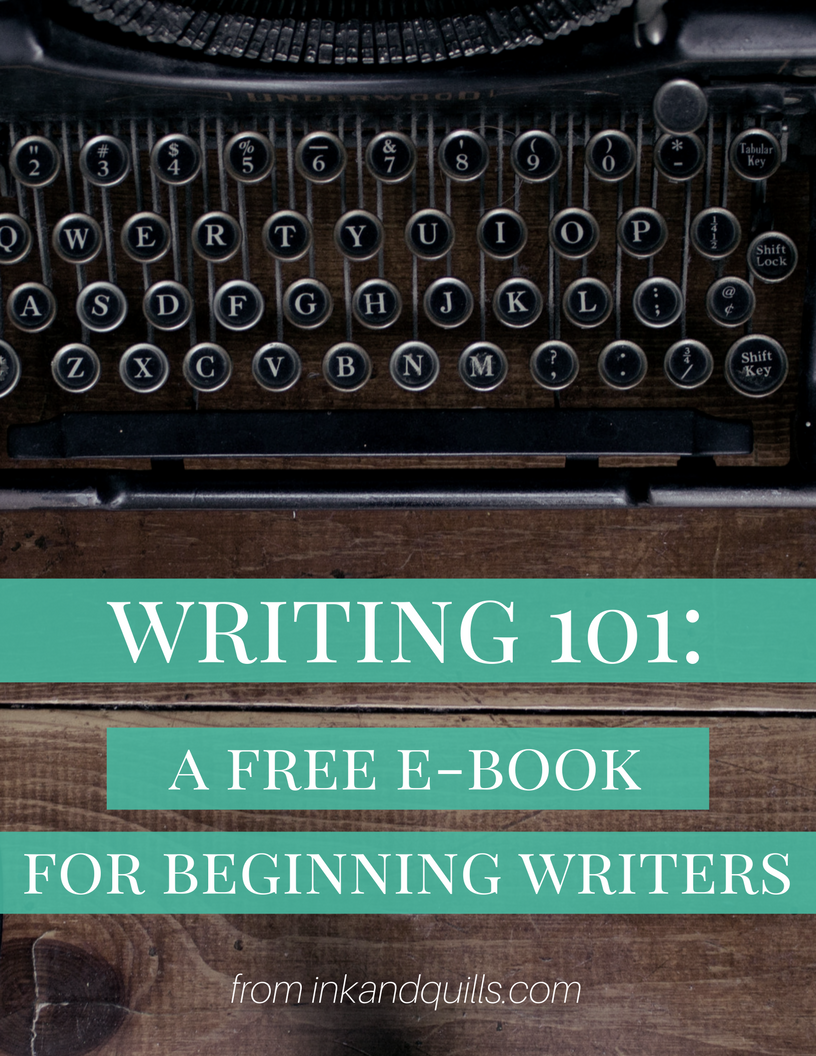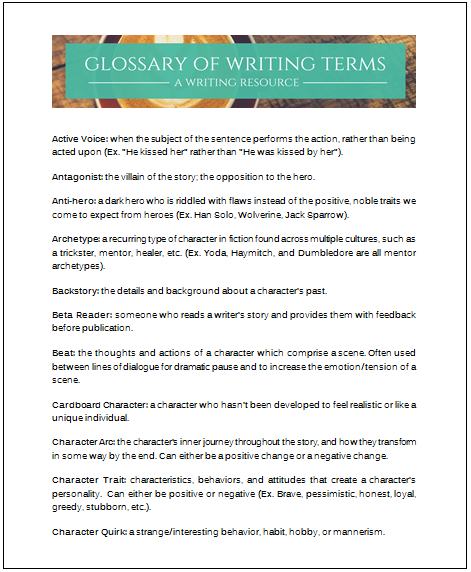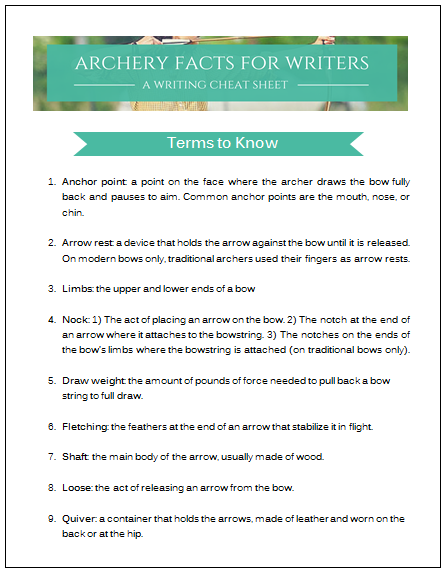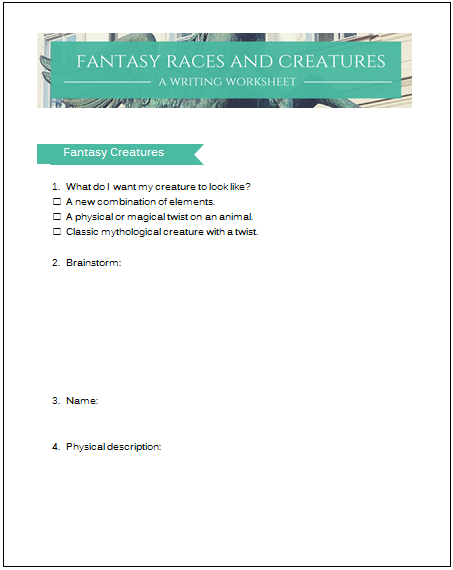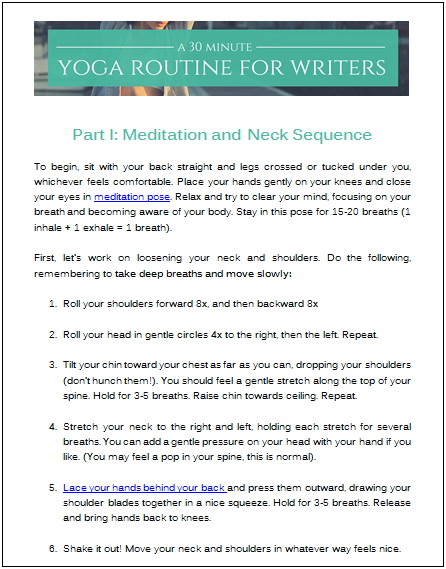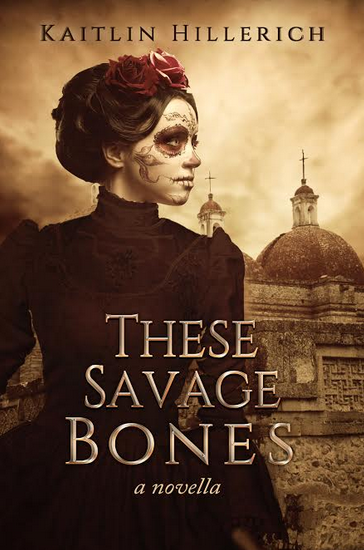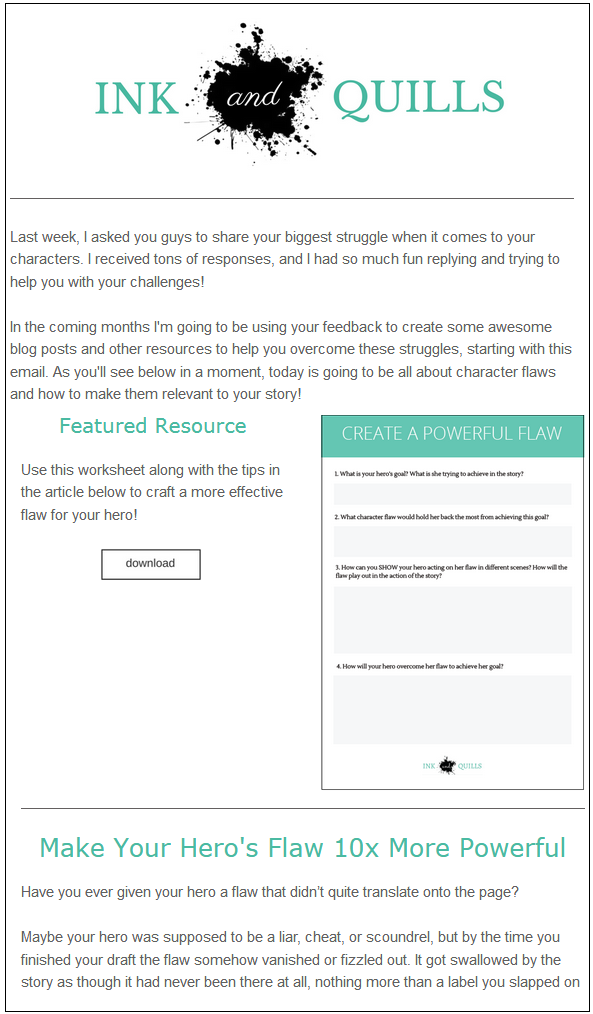 Everyone wants a strong heroine.
Everyone wants a strong heroine.
We love characters who can kick ass like Katniss, Tris, Karou, Celaena,
and Eowyn.
But what is it exactly that makes a heroine “strong”?
Lately, I’m having a problem with what the definition of “strong” has become in YA. Everyone seems to want a heroine who can kick ass, wield a sword, shoot a gun (or bow), throw a punch, and barely flinch when she’s hit by a bullet. She has to be able to keep up with the boys, and usually is better than them at fighting and can kick their butts too.
But why are we limiting “strong” heroines to girls who are physically strong and can fight as well as the guys?
I think there’s a problem with this, because strength comes in many different forms. What if a heroine can’t drop kick a villain or wield a sword? Does that mean she isn’t strong? No way!!
What about Rosa Parks? Esther? Sacajawea? Helen Keller? Harriett Tubman? Queen Elizabeth I? Eleanor Roosevelt?
Heroines who can kick ass are awesome, but we need more diversity in what makes a girl strong. Not all female readers are the kung-fu type, and they want to see themselves in stories. They need heroines they can relate to, and who show them you can be strong in different ways.
I like how Ava Jae over at Writability puts it:
There are limitless varieties of girls, and every single one of us deserve to see ourselves as a heroine. We are complicated, and layered, and contradictory, and we are raw, and real, and here.
I have a problem with seeing female characters who are feminine portrayed as weak, fearful, or prissy. I’ve noticed a trend that if a character in a book loves dresses, fixing her hair, and wearing makeup, she’s probably not the heroine. The “girly girl” characters are usually antagonists or obnoxious secondary characters.
Why do we tend to view girls who enjoy being typical girls as somehow weaker? And why is it that when we want to make our heroine strong we give her traditionally masculine traits and have them kick-ass, bottle up their emotions, and hate dresses, makeup, etc.?
I would love to see some heroines who love being girls! Why can’t a heroine love a pretty dress and be strong?
As a writer, I struggle with creating female characters. Why? Because I worry if I make them too feminine readers will see them as weak and annoying. Which is ridiculous! Being feminine does not make a girl weak!
I like kick-ass heroines, but I also like writing characters who are more “traditional” girls but still strong. My heroine in my current novel is a mix between these two. She has been trained as a fighter, but she loves dresses and being a girl. There’s a part in the story where she has to cut off her hair to disguise herself as a boy, and it kills her. She loves her hair, and she loves looking like a girl.
Does this make her weak? I don’t think so. But I’ve been struggling over her because I’m afraid other readers will think so.
Our perception of female strength needs to change. We need to stop labeling “feminine” traits as weak and “masculine” traits as strong and let our heroines be strong people no matter which traits they have.
We need all types of strong girls in YA. We need girls who can wield a sword like Katsa, and girls whose cleverness saves the day like Hermione Granger. How will you make your heroine strong?

Books featuring the heroines mentioned in this post:
























